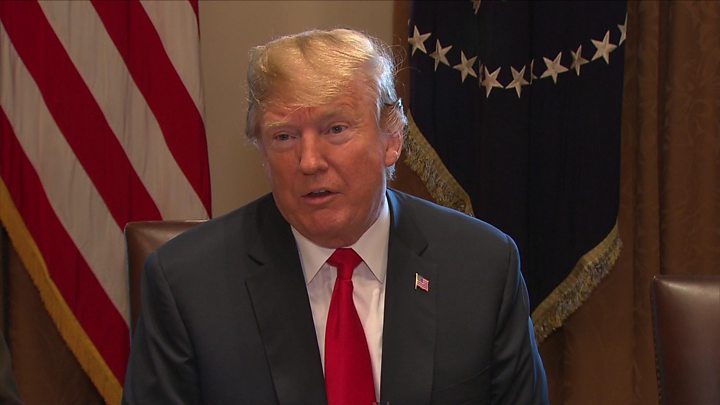
US President Donald Trump has promised action to "keep families together" amid fury over separations of undocumented child migrants from adults.
"I'll be signing something in a little while that's going to do that," he told reporters at the White House.
The Department of Homeland Security has reportedly drafted an executive order to stop the policy, though its wording and scope is unclear.
Mr Trump earlier urged lawmakers to pass a bill ending family separations.
The Republican president also wants immigration laws to be toughened under any such legislation.
- Who has said what about US border crisis
- What is Trump's family-separation endgame?
- Who decided to take the children away?
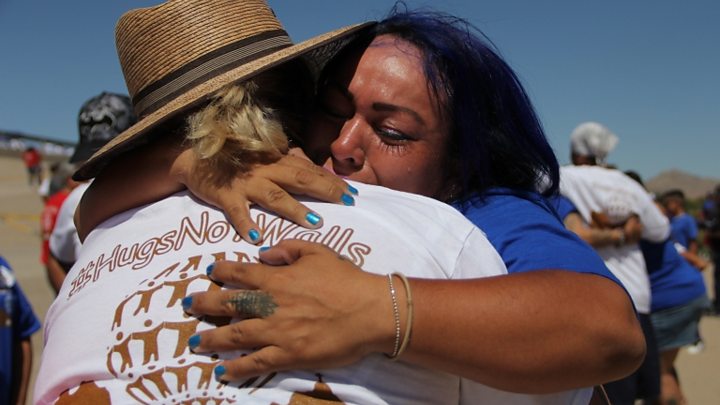
"We are going to keep families together," said Mr Trump.
He added: "If you're really, really pathetically weak the country is going to be overrun with millions of people.
"And if you're strong then you don't have any heart. It's a tough dilemma. Perhaps I'd rather be strong."
The president also said he was postponing a bipartisan congressional picnic scheduled for Thursday "because it didn't feel right to me".
Earlier, Republican congressional leader Paul Ryan said the House of Representatives will vote on Thursday "on legislation to keep families together".
"We do not want children taken away from their parents," he said at a news conference on Capitol Hill. "We can enforce our immigration laws without breaking families apart."
He did not immediately provide details of the bill, but said that it resolves the issue of so-called Dreamers, undocumented adult migrants who entered the US as children, "in a very elegant way".

Trump backs down
Analysis by Anthony Zurcher, BBC News, Washington
For days administration officials have insisted they were simply following the law as written and their "zero tolerance" policy for illegal border crossings meant they "have to take the children away", in the president's words.
Critics have countered that Mr Trump unilaterally created the situation that produced the heart-rending accounts of children separated from their parents, and he could unilaterally fix it.
By taking executive action, the president is effectively acknowledging they were correct.
Now the fight will probably move to the courts, with legal challenges to the administration's decision to hold detained families together while their immigration status is adjudicated.
That is more politically hospitable ground for Republicans, who already face challenging mid-term congressional elections.
This move should also deal a final blow to hopes for any kind of comprehensive immigration reform from Congress this year.
The odds always seemed long, even with this recent burst of urgency, but Republicans couldn't agree amongst themselves, let along reach the consensus with Democrats needed for passage in the Senate.
Instead, the future of immigration reform will hinge on the results of November's elections and which party controls Congress when the dust settles.

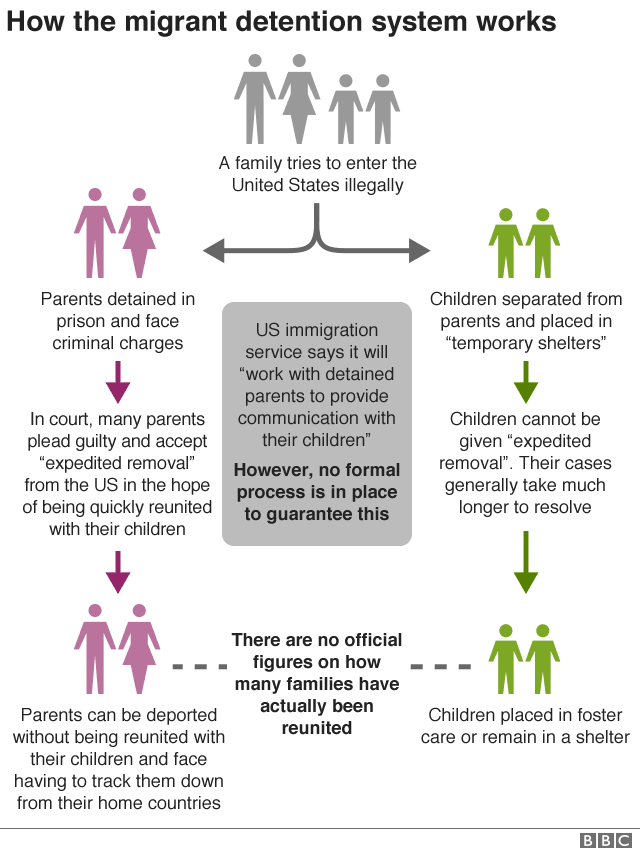
Why the uproar?
In April, the US attorney general announced a "zero-tolerance" policy to criminally charge and jail undocumented border crossers.
As children cannot legally be jailed with their parents, they are kept in separate facilities.
US immigration officials say more than 2,300 children have been taken from some 2,200 parents since 5 May.
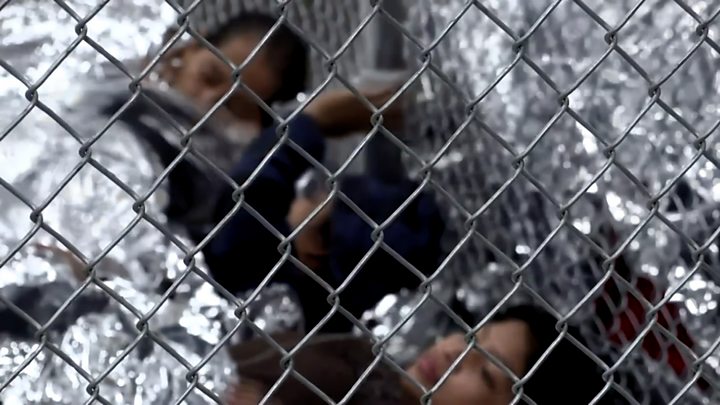
Pictures of dozens of children sleeping in fenced enclosures and audio of crying children emerged in recent days, provoking the widespread criticism.
Babies and toddlers have been sent to three "tender age" shelters maintained by the Department of Health and Human Services, the Associated Press news agency reports.
Under previous US administrations, immigrants caught crossing the border for the first time tended to be issued with court summonses and released.
Former President Barack Obama wrote in a Facebook post shortly after Mr Trump's news conference that finding a way to welcome refugees and immigrants "is part of what makes us American".
"To watch those families broken apart in real time puts to us a very simple question: are we a nation that accepts the cruelty of ripping children from their parents' arms, or are we a nation that values families, and works to keep them together?"
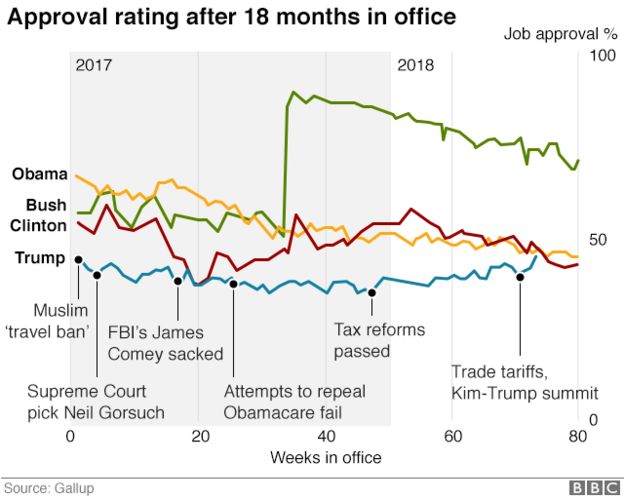
Where are the children taken?
Holding cells: They are first detained at Customs and Border Protection (CBP) facilities, where chain-link fenced enclosures are used, though the children can only be legally held there for three days.
Detention centres: They are then supposed to be moved to one of around 100 detention centres run through the Office of Refugee Resettlement (ORR), part of the Department of Health and Human Services. US officials recently showed reporters around a converted Walmart Supercenter in Texas which was housing migrant boys aged 10-17. They apparently had access to beds, classes and games.
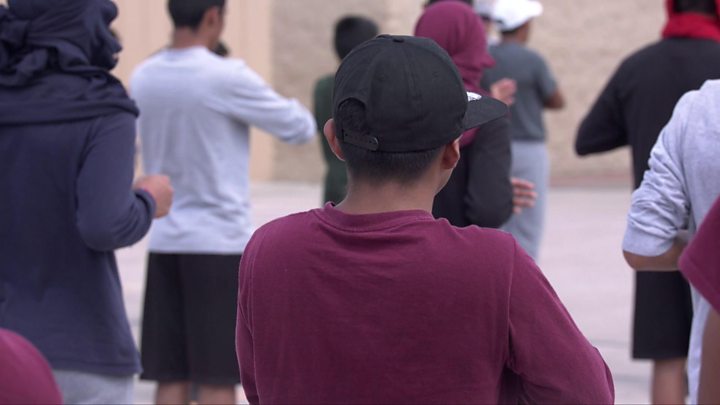
"Tender age shelters": A CBP official said it is up to the discretion of border agents whether to detain "tender-aged" children, who are typically less than five years old. AP news agency reports that babies and toddlers are being taken to three "tender age shelters" in southern Texas.
Tent cities: US officials have set up a tent camp for migrant children in Tornillo, Texas.
Family members: Under US law, the children are meant to be released to stay with relatives or foster carers "without delay". In practice, the ORR says this process takes about two months.
How are they reunited? Immigrations and Customs Enforcement (ICE) has set up a hotline for parents to call after they are released from custody. However, a former ICE director has said some family separations are "permanent".
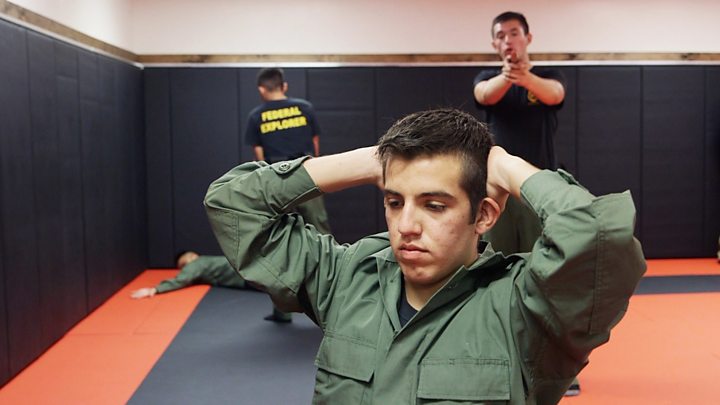
What has global reaction been?
The domestic US backlash to the policy has been echoed overseas.
The UK and Canadian prime ministers, Theresa May and Justin Trudeau, both called it "wrong".
Pope Francis said he supported US Catholic bishops who described it as "immoral".
French far-right leader Marine Le Pen, who in the past has praised Mr Trump's policy of curbing immigration, told French TV that she disagreed with splitting children from parents.
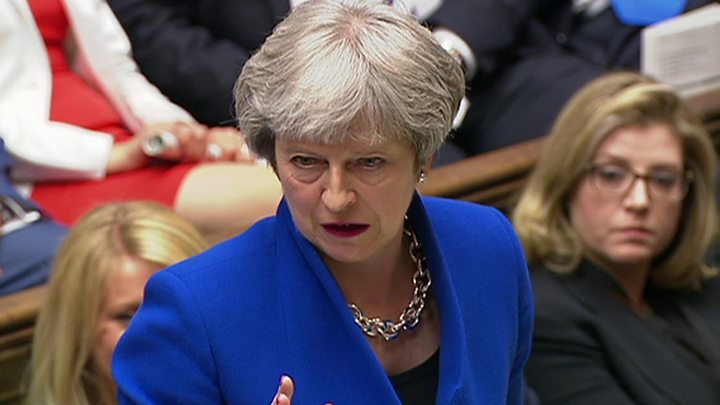
More on child migrants crisis
- Who decided to take the children away?
- Fenced enclosures hold migrant children
- Trump's blame game on separating families
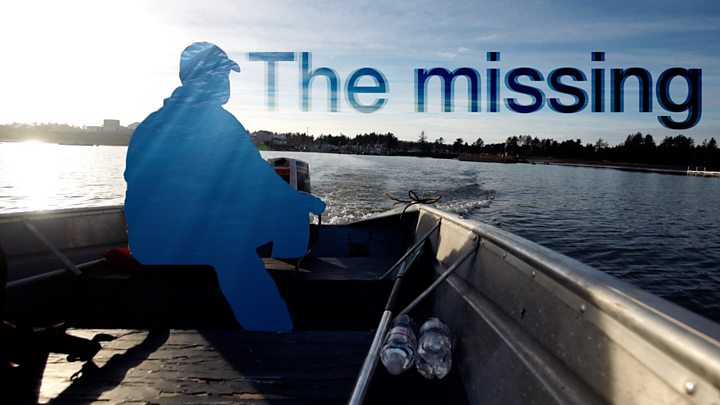
US & Canada
Global outcry rises over US border policy
- 20 June 2018
- US & Canada
The FBI said I was my parents' stolen baby
- 19 June 2018

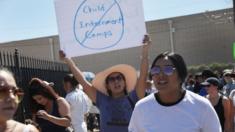
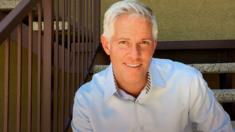

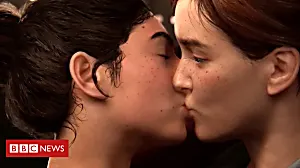
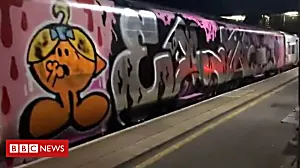
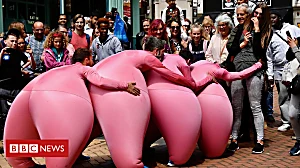
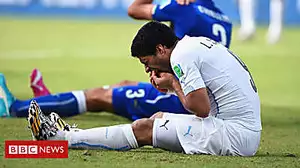
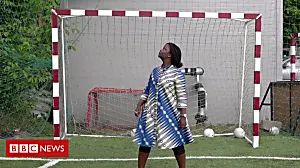
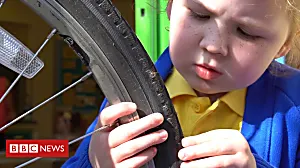
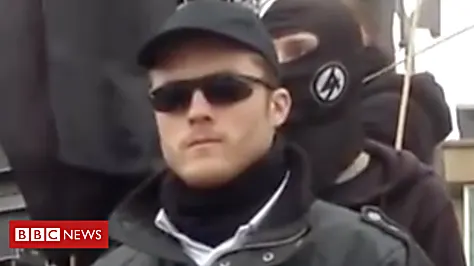

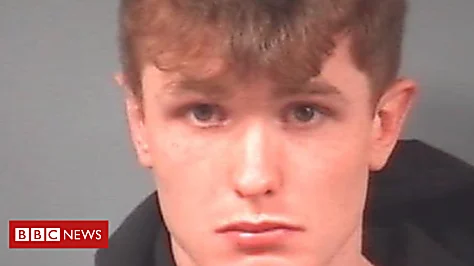
No comments:
Post a Comment